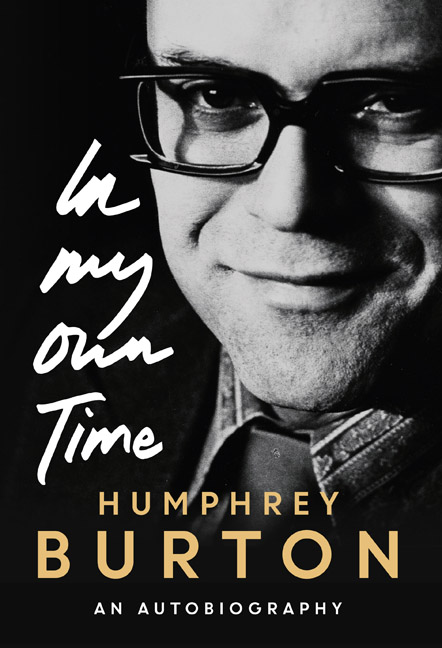11 - Head of Music and Arts (HMAP Tel)
Published online by Cambridge University Press: 09 April 2021
Summary
MARCH 1ST 1965. For the last time I was being promoted in the slipstream of Huw Wheldon. He was now Controller of Programmes, a top dog at Television Centre, sharing the bosses’ kennel with Kenneth Adam. Adam was a very good journalist, a broadcasting all-rounder, and close to obligatory retirement. I was now what my children were later to mock me for being: an ‘arts supremo’, running a department. A brand-new department at that, as Huw might have said. I attended no appointments board for this promotion and was offered no prior consultation about staff or spheres of influence. I should have said ‘hang on a moment’ but I didn’t: I was highly chuffed. My elevation to television's peerage (that's what it felt like) was a by-product of the battle for power being waged at the top of BBC Television. In 1964, when Stuart Hood (brilliant brain but arguably short on people skills) suddenly resigned as Controller of Programmes – he was a rum choice in the first place – Donald Baverstock had been given the top job. As a departmental head, Huw Wheldon reported to him, not an easy situation for either Welshman. Now Huw was replacing him. Mike Peacock had been promoted to run BBC1, the senior service, even though he was not thought to have done all that well at BBC2. The loser in the shuffle was, of course, Baverstock, who was offered the compensation of BBC2, which not surprisingly he refused; he left in a huff, to be joined by his number two, Alasdair Milne. Alasdair was soon back in the BBC's higher echelons but Donald never returned to the top table. Who was to run BBC2? During the uneasy interregnum I mentioned to Huw the conversation I had had with David Attenborough a few weeks earlier while he was working for me as a freelance director (I hired him to make a documentary about the LSO's 1963 tour of Japan; he writes entertainingly about the film, Orchestra to the Orient, in his autobiography). David told me how much he was enjoying his freedom since resigning from his producer's job at the BBC. The only thing that would bring him back to the Corporation, he added, would be the opportunity to work closely with Huw.
- Type
- Chapter
- Information
- Humphrey Burton In My Own TimeAn Autobiography, pp. 203 - 222Publisher: Boydell & BrewerPrint publication year: 2021



